Search Results for 'Irish Dominicans'
7 results found.
Claddagh interiors, some 200 years ago
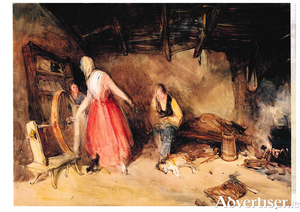
William Evans (1798-1877) was the drawing master of Eton College in England, an accomplished artist who exhibited widely in London, Dublin and Paris. He made a number of visits to the west of Ireland in 1835 and 1838 where he produced many finished watercolours and studies, mostly of Counties Galway and Mayo. His subject matter varied from panoramic landscapes to market and street scenes, and what might be called peasant structures and peasant portraits. He painted a lot in Conamara, especially in the vicinity of Renvyle and was among the very first artists to show off this wild remote area in his pictures.
Developments in the Claddagh
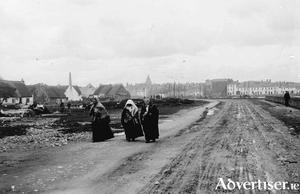
Towards the end of the 19th century, the Claddagh started to go into decline, thanks mainly to the local fishermen not updating their methods of fishing. This economic decline continued into the last century so, when the Urban District Council announced in 1916 that they were starting a reclamation programme of the 30-acre field that was known locally as ‘The Swamp’, it caused a lot of excitement locally. A small working committee was established to carry out the details of organisation. From then on the area was to be known as South Park. I am not sure where that title came from, maybe they regarded the Square as East Park, Salthill Park as Westpark, but where was North Park?
Galway Dominicans, a brief history
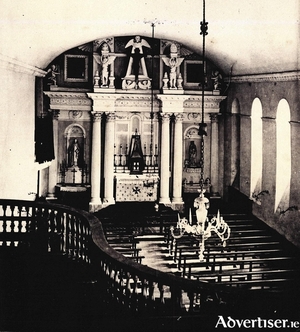
The Dominican Order was formally approved by Pope Honorius III in 1216, “to witness to the truth of the Christian Faith and to proclaim it at home and abroad”. St Dominic died in 1216, and in 1224 the Dominicans first came to Ireland. They came to Connacht, to Athenry, in 1241, and they finally arrived in Galway in 1488.
Network Galway working to support member in uncertain times
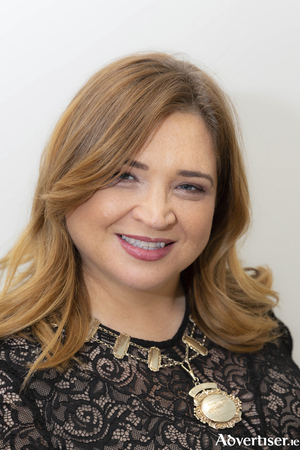
At a time when we are in such state of flux commercially, local Galway Branch of Network Ireland has come together to support its 140 members through this uncertain period.
An account book of the Dominicans in the Claddagh 1727-1738
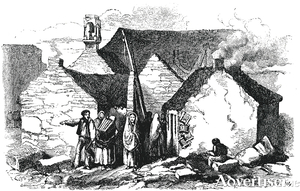
In 1698, the Dominican Community in the Claddagh were dispersed and exiled under a general exile of religious orders but within a few years, three of the friars had returned. It was the time of the Penal Laws, but gradually the pressure on these fathers eased, thanks largely to the refusal of the mayor and sheriffs to implement the anti-Catholic mandate of the English government. The priests were back in the Claddagh, tolerated by the officials.
Students gather in Galway to discuss how to protect Europe in light of an uncertain future
The European Youth Parliament Ireland will assemble in Galway this weekend (22nd-24th of November) for their annual Connacht Ulster session.The main focus will be on discussing issues like how we can protect the future of the EU while dealing with other topics like globalization and the rise of radical nationalism, through a mock parliament setting. A very relevant change for these Irish students will be the the challenges of rural areas in a globalized Europe.


